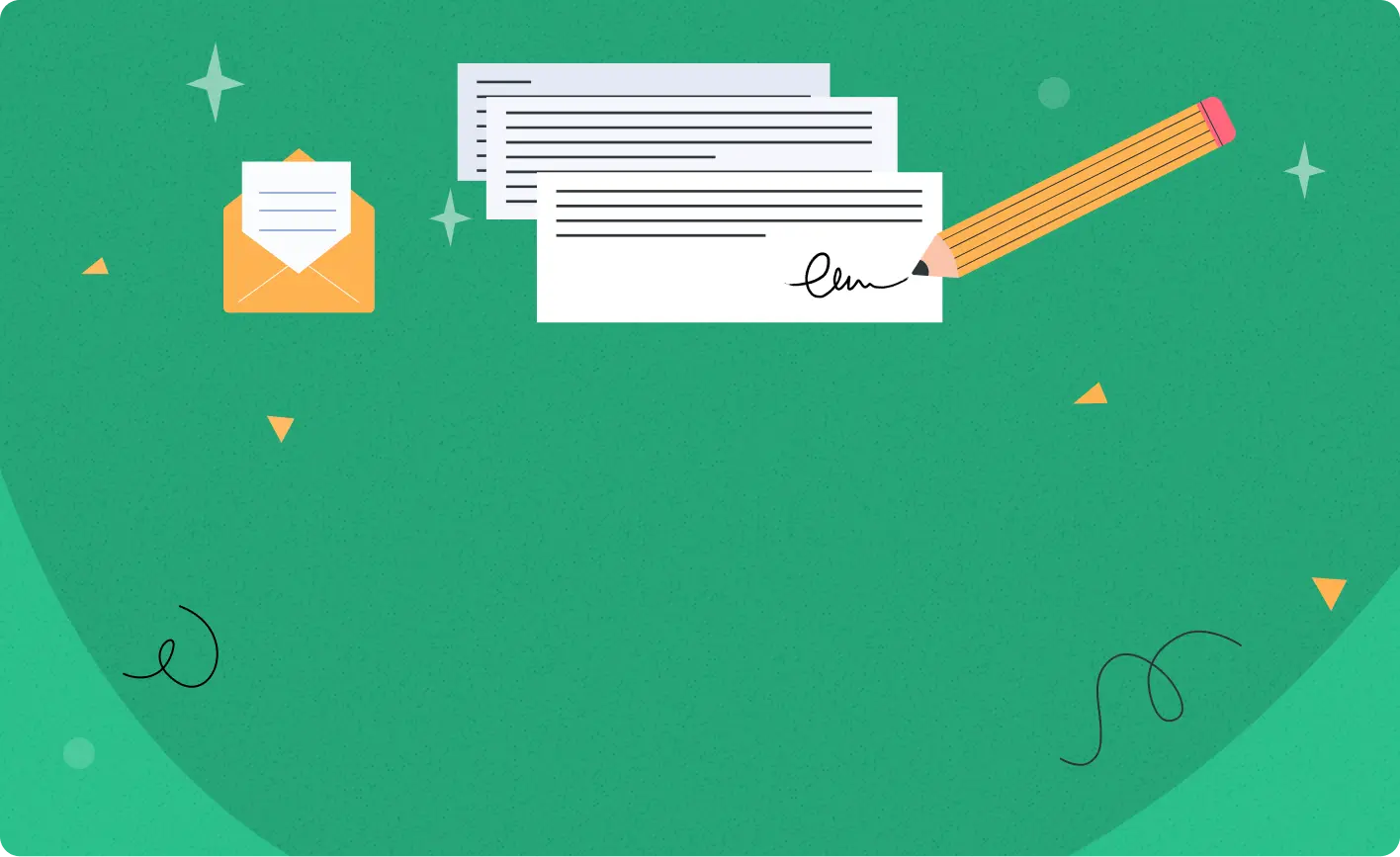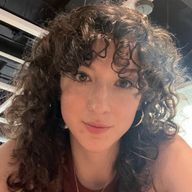Cover letters once sat at the heart of every job application, but in our AI-driven, one-click world, many candidates wonder if they still matter. While some recruiters may skip cover letters, surveys indicate that a significant majority—over 70%—do read them. They often seek to gain insights into a candidate's motivations and fit beyond what a resume provides.
The truth is, you don’t always need a cover letter. But in the right situation, a strong one can still make a difference.
This article will help you decide when a cover letter is worth your time, when it’s safe to skip, and how to make yours count.
Key takeaways
- You don’t always need a cover letter—but in the right situation, it can boost your chances.
- Many hiring managers do read cover letters—especially when they’re looking for personality, communication skills, and fit.
- Tailored letters work best, while generic ones are usually ignored.
- Cover letters are most helpful when explaining gaps, career changes, or personal motivation.
- You can skip them for high-volume jobs or when you have strong internal referrals.
- If you’re unsure, a short, thoughtful letter is better than none.
Not sure what to write? You can use one of our cover letter templates and our AI-powered tool to create a personalized cover letter that fits your resume, the role, and what recruiters want to see.
Drop your resume here or choose a file.
PDF & DOCX only. Max 2MB file size.
Do recruiters still read cover letters—and do they matter?
Hiring looks different than it did even a few years ago. With AI filters and one-click applications, many recruiters now fly through submissions, and cover letters might even be left unopened.
But when recruiters do read cover letters, it’s for a reason.
They tend to look at them when:
- A resume raises questions—like a career change, employment gap, or unusual path.
- The role is senior, highly specialized, or values-driven.
- They want to get a feel for your motivation, writing skills, or cultural alignment.
“There are still a significant number of employers who place a high emphasis on the cover letter. Although recruiters may not prioritize cover letters as much as before, not submitting one could be highly detrimental to your application.”
Says recruitment expert Jeff Laureu
Resumes always come first. A cover letter only gets attention if your resume makes a strong impression.
If you write one, reference a recent achievement by the company you're applying to—such as a product launch or award—or explain how your background aligns with their goals. This demonstrates that you've done your homework.
Skipping a cover letter isn’t unprofessional. But if the role is competitive or the job ad specifically requests one, not sending it could hurt your chances.
When a cover letter helps—and when it doesn’t
Every job deserves a thoughtful application—and that usually means including a cover letter. If there’s more to your story than a resume can capture, or if the role really matters to you, it’s worth the extra effort.
To help you decide when a cover letter adds value, here’s a quick guide:
Write a cover letter when:
- The job description asks for one.
- You’re explaining something your resume can’t—like a gap or career change.
- You want to show personal enthusiasm or connection to the company’s mission.
Here are three examples for each of these situations:
Job requires a cover letter
“I noticed your job description specifically requests a cover letter, and I’m glad for the opportunity to share more about why this role caught my attention.”
Career change or gap
“While my resume shows my training and portfolio work, I’d like to share the story behind my transition.”
Mission alignment
“I’ve followed TerraFlux’s work for years, so when I saw the posting for a Sustainability Analyst, I didn’t hesitate to apply.”
Of course, there are times when writing a cover letter isn’t necessary—and trying to include one might even backfire. Here are a few situations where skipping it is perfectly acceptable.
It’s safe to skip the cover letter when:
- The application portal doesn’t allow it.
- The employer says not to attach extra documents.
- You have a strong internal referral who’s already vouched for you.
If you're skipping the letter, be sure your resume and referral speak clearly to your fit.
How to write a great cover letter recruiters will actually read
A great cover letter is concise, personalized, and easy to skim. Aim for just 250 to 450 words to keep recruiters’ attention and clearly communicate your value.
- Opening line: Start with a strong hook tied to the role or company—something specific and relevant. Avoid generic openings—instead, immediately highlight your relevant experience, a mutual connection, or something intriguing about the company.
- Key achievements or skills: Briefly showcase how your specific experience or skills can solve a problem or meet the company's immediate need. Clearly connect your strengths to their most pressing priorities.
- Demonstrate fit and enthusiasm: Explain briefly why you're interested in the company, referencing its mission, recent achievements, or values. Showing genuine enthusiasm and alignment with their goals will set your letter apart.
- Clear closing statement: Wrap up by confidently inviting the employer to discuss your application further. Encourage immediate next steps, such as a call or interview, making it clear you're excited to move forward.
Here are some examples:
Opening line
“I’m excited to apply for the Content Marketing Specialist position at Brightline.”
Opens with clarity and enthusiasm, directly naming the role and company.
“After seven years as a high school teacher, I’ve made the career shift into UX design—and I’m thrilled to apply for the UX Designer position at Alto.”
Opens with a story-based hook that frames the career change.
“I’ve followed TerraFlux’s work for years, so when I saw the posting for a Sustainability Analyst, I didn’t hesitate to apply.”
Signals personal connection to the company from the first sentence.
Key achievements or skills
“At Inkwell, I led a campaign that boosted organic traffic by 65% in six months by identifying content gaps through user search behavior.”
Provides a concrete, quantifiable accomplishment.
“I recently designed an onboarding flow for a nonprofit that reduced user drop-off by 30%.”
Shows direct, results-driven UX impact.
“Last year, I led an internal data audit that improved emissions tracking accuracy by 22%.”
Demonstrates skill application with measurable outcomes.
Demonstrate fit and enthusiasm
“Brightline’s focus on blending analytics with authentic storytelling really speaks to how I approach content strategy.”
Aligns personal working style with the company’s approach.
“Alto’s emphasis on accessibility and clarity resonates deeply with me. I believe my background gives me a unique lens on empathy and usability.”
Links personal values and previous experience to the company’s mission.
“I’ve admired your mission since your open-source emissions framework launch in 2021, and I’m genuinely excited about the direction you’re heading.”
Highlights long-standing engagement with the company’s work.
Clear closing statement
“I’d welcome the chance to bring my blend of creativity and data-driven decision making to your team.”
“I’d love the opportunity to bring my passion and perspective to your product team.”
“I’d love to help drive that momentum forward. Thank you for considering my application.”
All three end the cover letter with a forward-looking, confident, and appreciative tone—inviting next steps.
- Use an ATS-friendly PDFwithout images, tables, or complex formatting.
- Clearly name your file: Firstname-Lastname-Cover-Letter-Company.pdf
Conclusion
Not every job needs a cover letter—but the right one, at the right moment, can make a reader pause and think, “I want to meet this person.”
The key is to assess each job individually. If the role calls for context, personality, or something your resume doesn’t quite capture, a short, tailored letter is still one of the most effective tools you have.
Want a head start? Use our tool to generate a cover letter that’s customized to your resume, your goals, and the job you’re applying for.




